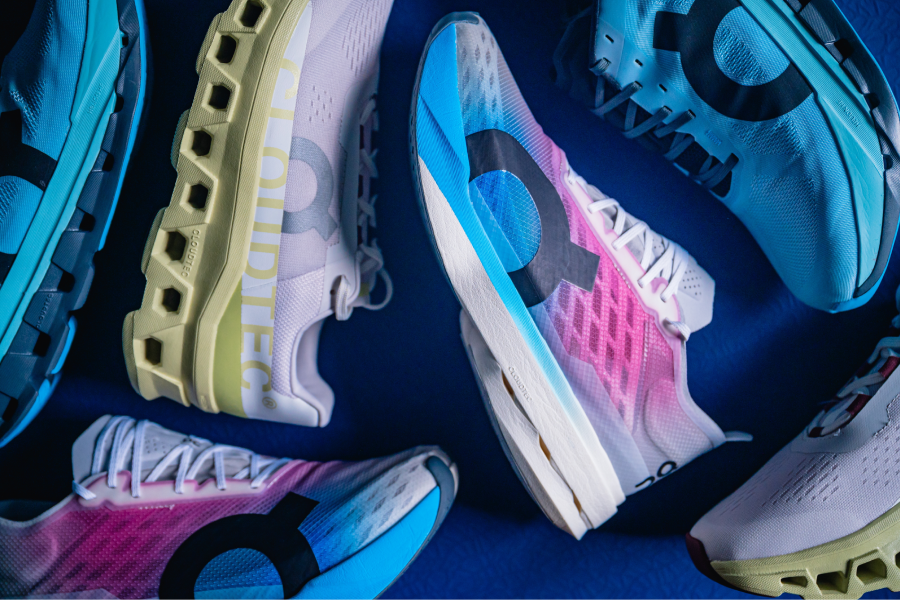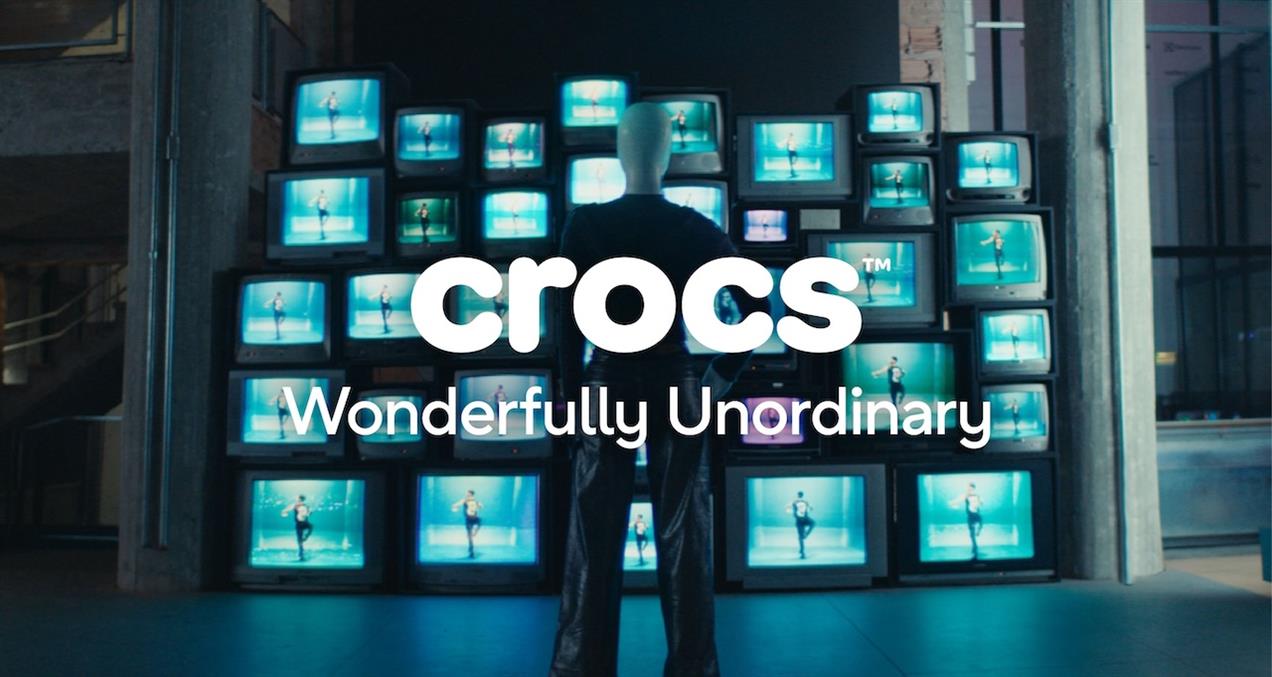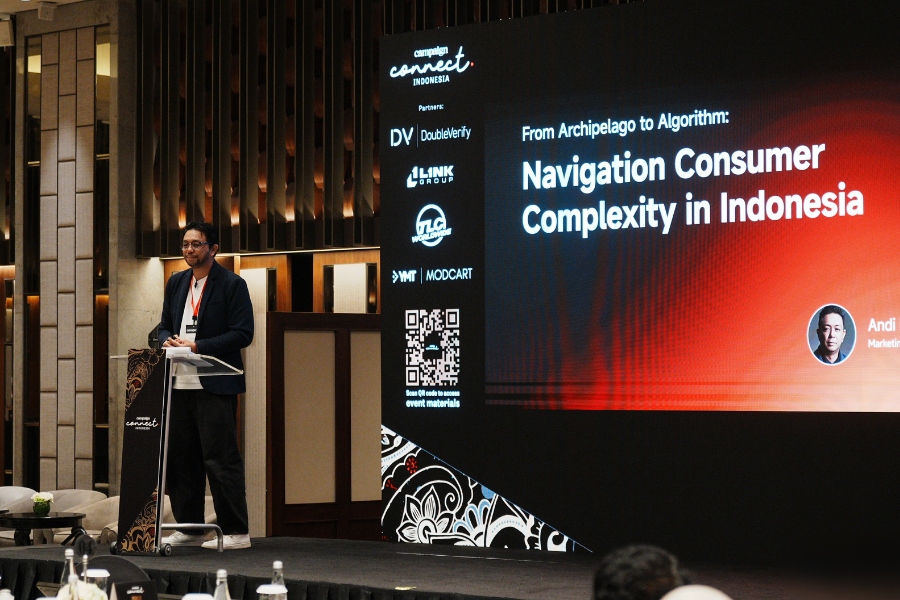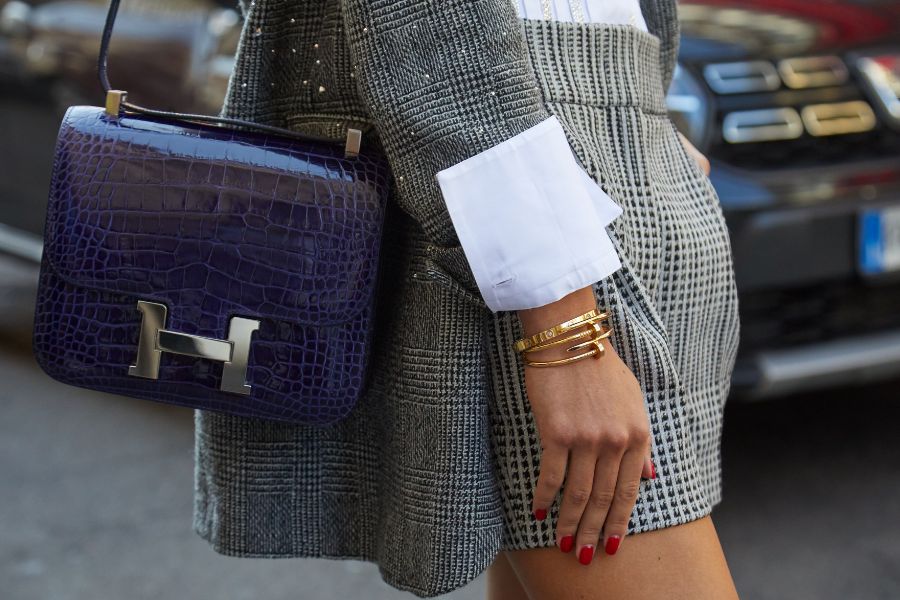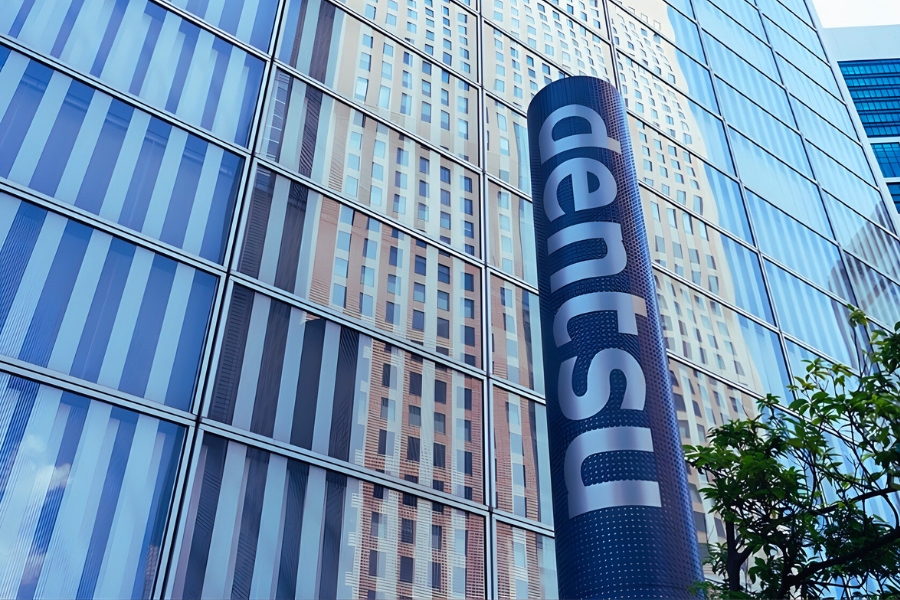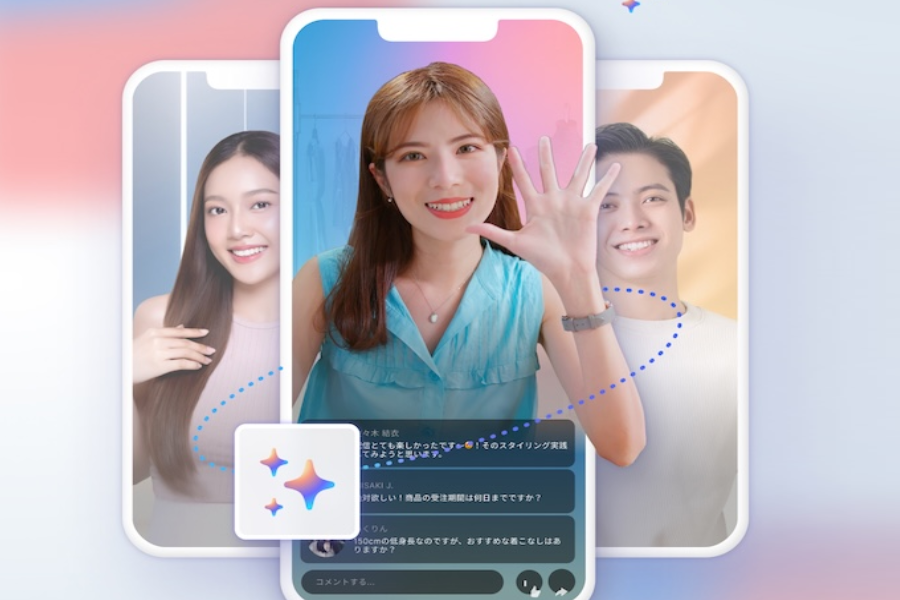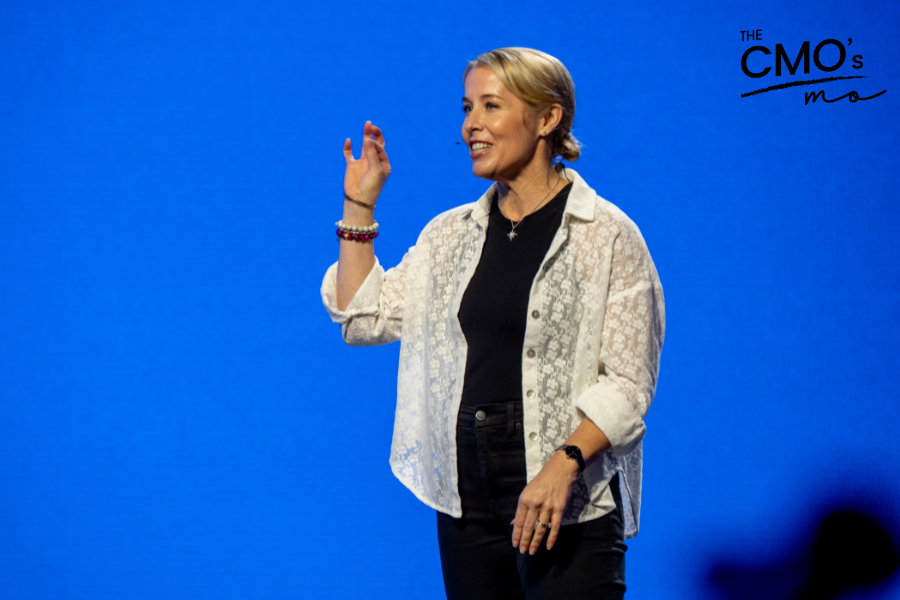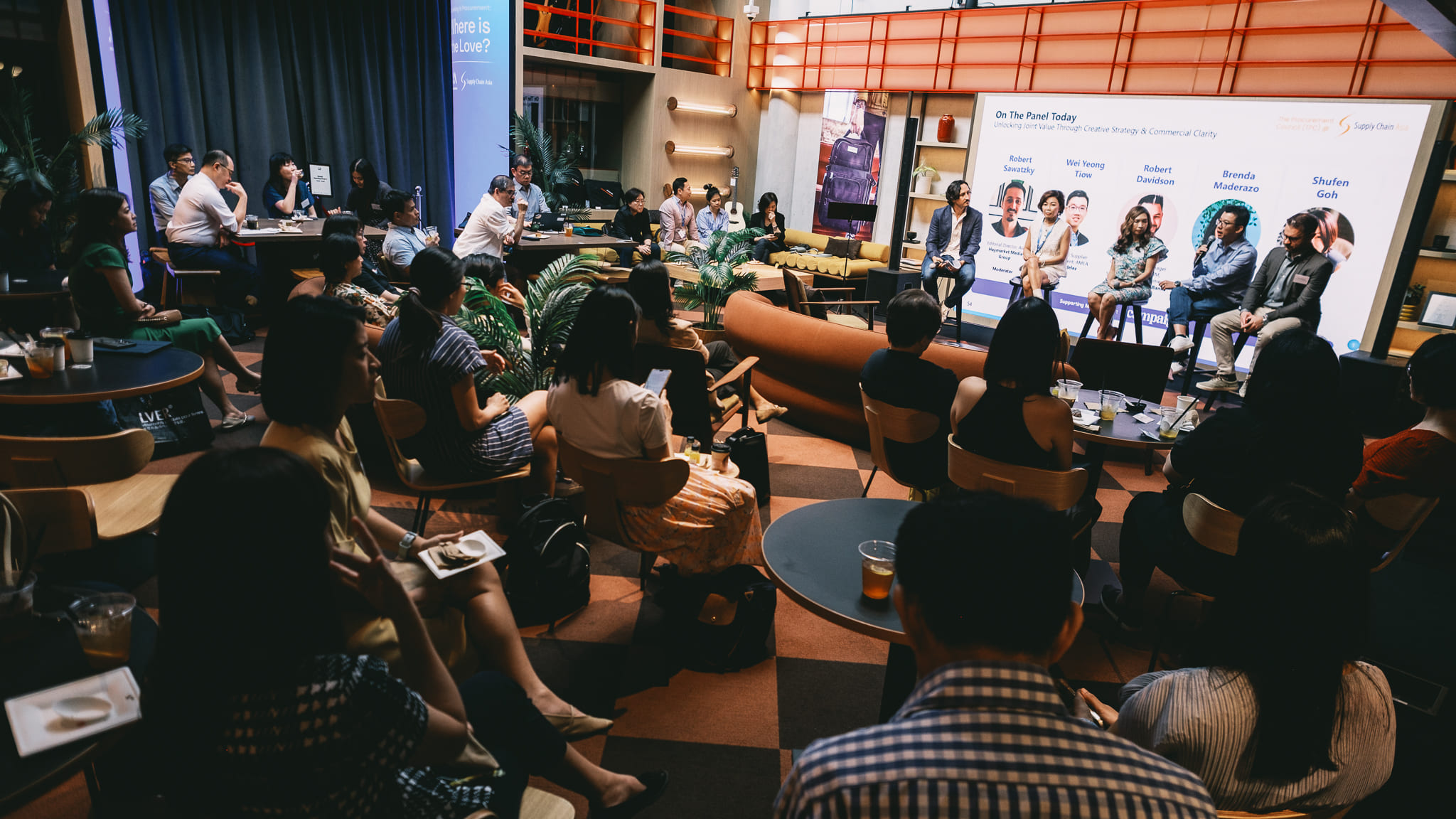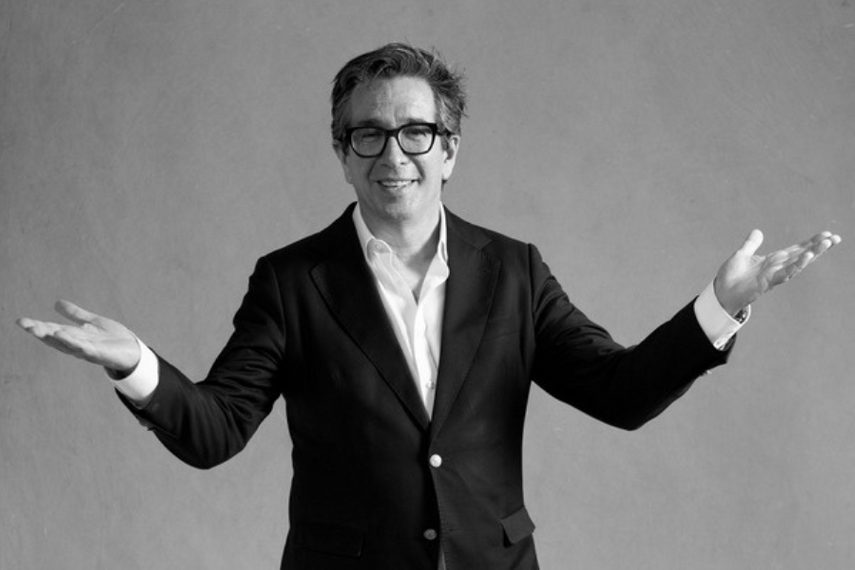The haircare brand recently launched a television commercial (above), that deftly portrays how men and women are perceived and labelled differently—even when they are doing exactly the same thing. For example, the TVC shows that a woman who takes charge in the office is seen as 'bossy', whereas a man who does the same is just being a 'boss'.
Pepe Torres, brand manager for Philippines Haircare at P&G, told Campaign Asia-Pacific that the ‘Whip It movement’ is a call-to-action based on the realisation that unfair labels have held women back from achieving success, happiness and fulfilment. The ad and the 'Whip it' hashtag evoke a sense of empowerment and urge women to cast aside labels.
“We found it important to end on a more hopeful and inspiring note,” Torres said. “To remind women that there is nothing wrong with being strong, and that labels and double standards should be removed from our vocabulary.”
The TVC is just a tip of the iceberg. The brand continues to fuel the conversation on social media by rolling out the findings of a recently conducted study of gender bias in the Philippines and sharing inspirational content.
Pantene has also partnered with social news network Rappler for the campaign. The brand conducted a press conference that Rappler livestreamed to allow audiences to participate and ask questions over Twitter in real-time.

Both Pantene and Rappler are also working on #WhipItWednesday, where stories and articles will be shared to further explore this issue while at the same time seeking to inspire and empower women to overcome what holds them back. #WhipItWednesday content will be released simultaneously Rappler and Pantene’s Facebook page, which has 705,000 fans.
Pantene is not the first haircare brand to base its marketing message on empowering women. Dove famously treads the same territory with its long-running 'Real beauty' campaign, including the wildly viral and award-winning ‘Real sketches’ film.
Torres said the two campaigns are similar in the sense that they have deliberately brought out their brands’ purpose and their point of view beyond the product.
“However, I do think we stand for very different things,” he added. “Personally, I feel that Dove is in the self-esteem business. On the other hand, Pantene is in the personal success business.”
Pantene came out with the idea after it realised that it has been out of step with its consumers emotionally, even though the brand has had a strong heritage in the Philippines as a premium haircare brand.
“We were not connecting with them in ways that our vastly evolved media landscape allows us to and in ways that consumers now actually expect brands to,” Torres said.
The brand decided that the best way to address this challenge was to bring its brand purpose to life: to help women and their world shine. Working with BBDO Guerrero, the planning evolved around the question 'What’s holding women back from shining?'. The team concluded that the factor was gender bias, as society has not fully accepted women who are ‘too bold' or ‘too confident'.
“We are unashamedly fans of Sheryl Sandberg, and her Ted talk was a huge inspiration,” Torres said. “The message we want to tell women is a bit straightforward but, we feel, really important: Don’t let labels hold you back. Be strong and shine.”
Sandberg praised the ad on her Facebook page last Saturday.
Torres added that the brand has planned further marketing activities for #WhipIt, but declined to reveal details. He confirmed that movement is only for Pantene and won’t be used across other products under P&G.
The 2012 Global Gender Gap Report ranks the Philippines at eighth in the world when it comes to gender equality, but some 71 per cent of Filipinos still believe that when jobs are scarce, men deserve employment more than women. More than half (54 per cent) of women believe that women who work tend to be pushy.
Far fewer women also find the confidence to voice their opinions compared with men, most likely due to the negative reinforcement given to outspoken women, as 70 per cent of men think that women should downplay their personality in order to be accepted.

